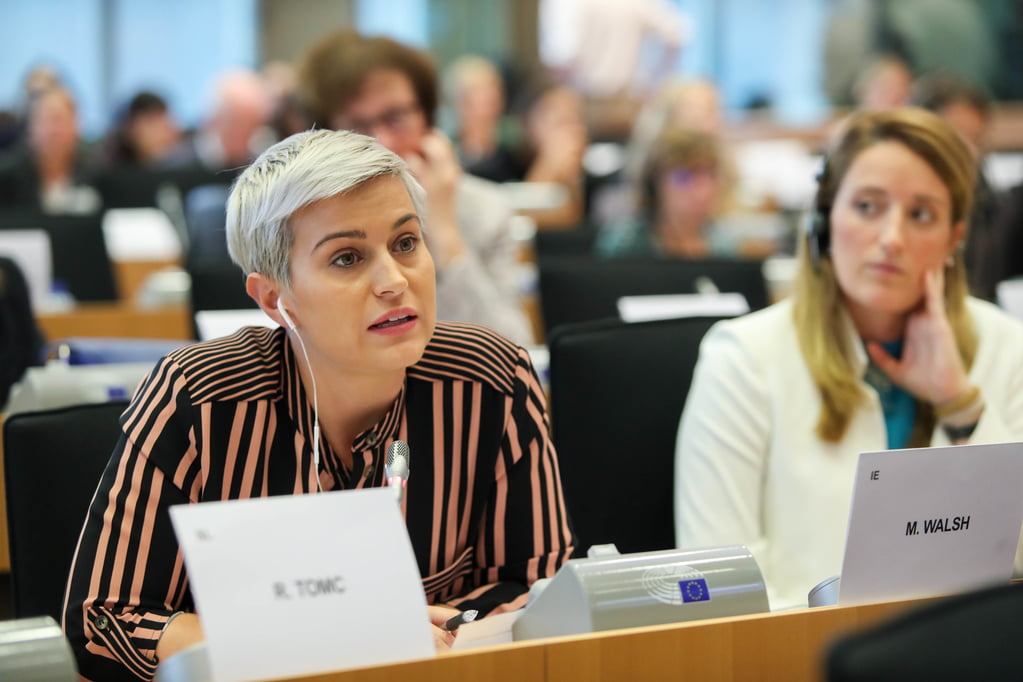
Maria Walsh MEP has called for a comprehensive reform of the CAP ahead of a debate in the European Parliament on the report on the Strategic Dialogue for the Future of EU Agriculture.
MEP Walsh, member of the European Parliament’s Committee on Agriculture and Rural Development, has also said that the CAP, in its current form, is failing small farmers and targeted income supports are needed to help those who need it most.
Maria Walsh, MEP for Midlands-North West, said:
“The Common Agricultural Policy we have today is failing the small farmers it was initially designed to support. While large agri-businesses and big corporations benefit from substantial subsidies, those with less hectares struggle with complex bureaucratic hurdles and red-tape nightmares.
“The CAP’s payment schemes have created an uneven playing field over the years, leaving small farms facing an uphill battle. Our farmers now face low incomes and high costs, leaving many asking the question; how could my daughter or son continue on our family farm?”.
“To truly support small farmers, the CAP requires comprehensive reform. Firstly, as recommended within the report on the Strategic Dialogue for the Future of EU Agriculture, income support should be provided to those farmers who need it most through targeted financial investment. Small, young and family farmers would be in line to benefit most from this approach.
“Such a reform would see a move away from the current area-based payments system, towards a targeted socio-economic support structure. The targeted support should be based on the economic viability of each farmer, in line with quantifiable indicators and robust methodology.
“Secondly, the administrative burdens placed on farmers must be reduced. We need simplified processes, and ensure that red-tape never poses a barrier to access for much needed supports. Politicians and policy makers must do everything we can to ensure that farmers are allowed to get on with what they do best; caring for our land and putting food on all of our tables.”
